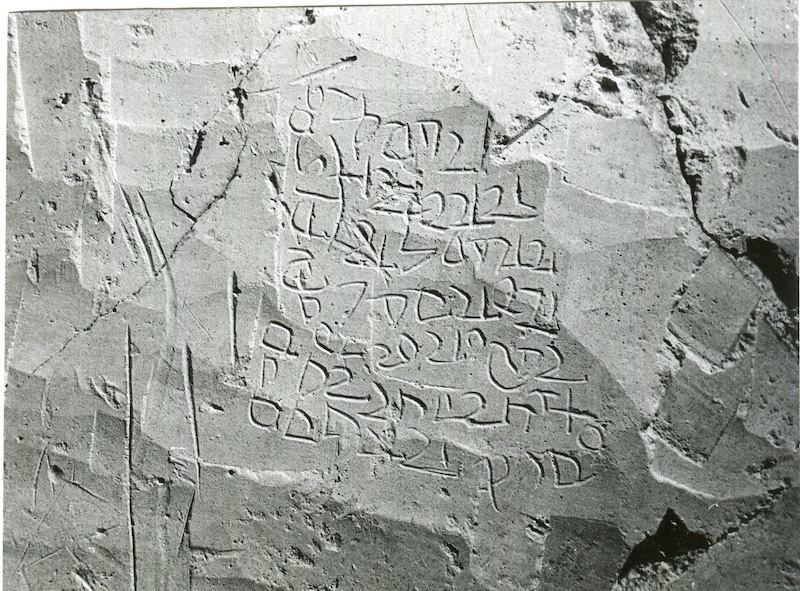The Daoist / Taoist classic, Daode jing / Tao-te ching (The Classic of the Way and Integrity / Power / Virtue), a brief text consisting of approximately 5,000 characters in 81 brief chapters, is one of the most frequently translated books in the world. Even people who don't know Classical Chinese, such as the first translator quoted below, somehow feel that they are qualified to try their hand at it, and are sometimes paid enormous sums to do so by distinguished publishing houses.
In this post, I will focus only on a single chapter, number 13. Out of the hundreds of versions I could cite, I will give here only half a dozen by way of example of what can be done with the same text.
Stephen Mitchell's version of chapter #13 is so different from Derek Liu's that it's mind-boggling.
Success is as dangerous as failure.
Hope is as hollow as fear.
What does it mean that success is as dangerous as failure?
Whether you go up the ladder or down it,
your position is shaky.
When you stand with your two feet on the ground,
you will always keep your balance.
What does it mean that hope is as hollow as fear?
Hope and fear are both phantoms
that arise from thinking of the self.
When we don’t see the self as self,
what do we have to fear?
See the world as your self.
Have faith in the way things are.
Love the world as your self;
then you can care for all things.
(translation by Stephen Mitchell, 1988)
Read the rest of this entry »
